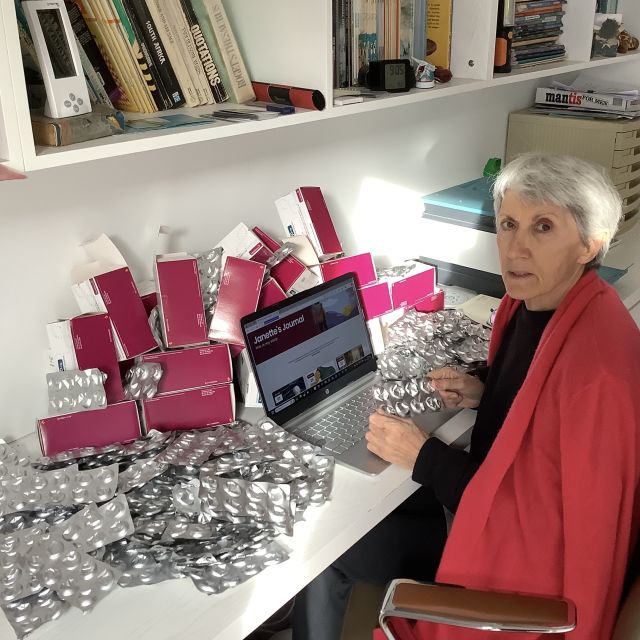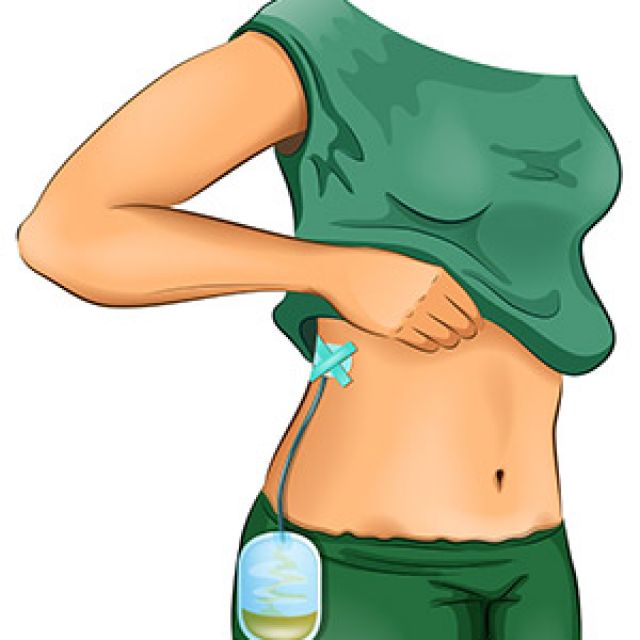BRCA2
Some time ago, I had a meeting with a geneticist who informed me that I had the mutant BRCA 2 gene. This condition affects approximately one in 400 of the population. This is the same mutant gene that the actress Angelina Jolie has. Her mother died of breast cancer so Angelina elected to have a double mastectomy as a preventative measure. This is because being BRCA2-positive means that one’s chances of getting cancer are significantly increased.
Having the BRCA2 gene means that my siblings and their children have a 50/50 chance of inheriting the same condition. For this reason, I have notified my family of my BRCA2 status, so that they can get tested. Of course, simply knowing that you are BRCA2-positive does not mean that your chances of getting cancer are reduced. However, if your medical records show that you are BRCA2-positive then doctors will investigate further any seemingly innocuous symptoms. This increased vigilance could lead to cancer being detected sooner, and the sooner cancer is detected the better the chances of a positive outcome.
It is important to note that both men and women can be BRCA2-positive. Men, for example, can also get breast cancer and are more susceptible to prostate cancer, and, like women, are more susceptible to other cancers too. Tests for this mutant gene can be done quite early, which is important, as cancer affects people of all ages and tends to be more aggressive in the young.
The irony is that if you develop ovarian cancer because of this mutant gene then there are some specialized drugs which block cancer cells from re-growing.
When I informed my sister, who lives in the UK, she immediately went into full-action mode. Mater Dei was wonderfully supportive and gave her all the information she needed to present to the UK’s National Health Service and she subsequently tested positive for BRCA2. Soon after, she elected to have a preventative hysterectomy. When she is fully recovered she will meet a breast surgeon for discussion. She does not have cancer and these are precautionary and preventative measures. She has also advised her children to be tested for BRCA2.
Of course, I’m very sad that my sister has tested positive for the BRCA2 mutant gene, but at least she is forewarned and thus forearmed. She’s also very courageous and, like me, extremely practical.
In a weird way, knowing I’m BRCA2-positive means I feel less guilty about my own situation. Since my diagnosis, I have felt a perverse sense of guilt thinking that I deserved cancer for having committed some ill-defined wrongs in the past. The rational part of my brain knows that this idea is totally ridiculous, but sometimes knowing something doesn’t help. After all, cancer can affect anyone - good and bad, rich and poor, young and old…

